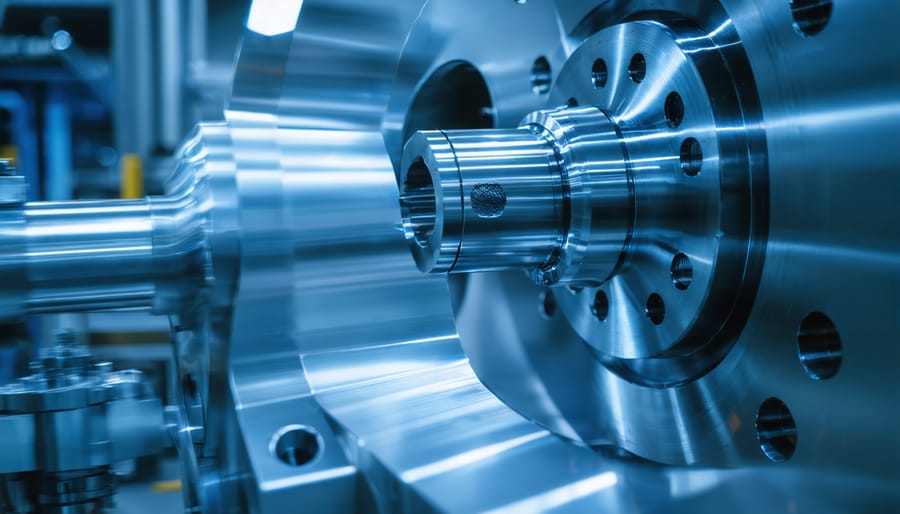The decision to buy a car, whether new or used, can be an exciting yet daunting experience. With countless makes, models, and price ranges available, finding the perfect vehicle can feel overwhelming. One key question that prospective car buyers often face is whether to invest in a brand-new car or a used one.
While new cars come with the latest features and a factory warranty, used cars often offer more attractive price points and can be a better value in the long run. This article will explore the benefits and drawbacks of both new and used vehicles, ultimately aiming to help you make an informed decision that aligns with your needs, lifestyle, and budget.
Understanding the Cost of Ownership
One of the most important factors in the new versus used car debate is the cost. New cars typically come with a higher upfront price tag and may require higher monthly payments if using in-house financing. On the other hand, used cars can often be purchased for a fraction of the cost, even if they are only a few years old.
However, the initial cost of the car is just the tip of the iceberg. Factors such as depreciation, insurance premiums, and maintenance costs should also be considered. New cars tend to depreciate faster, with the most significant drop occurring in the first few years of ownership.
Insurance premiums are generally higher for new cars due to their higher replacement value. Insuring a used car can often be more affordable. Maintenance costs, on the other hand, can be higher for older vehicles, depending on the car’s condition and mileage.
Reliability
New cars come with the advantage of a factory warranty, which usually covers any repairs or defects for a specified period. This provides peace of mind and can save the owner money if issues arise. New cars also tend to have fewer mechanical issues since they haven’t been subjected to wear and tear.
Used cars may not have a warranty or may have only a limited warranty, depending on the vehicle’s age and mileage. This could result in higher repair costs if issues arise. However, many modern used cars are known for their reliability, so it’s essential to research the specific make and model before purchasing.
Environmental Impacts
Environmental concerns are an essential consideration for many car buyers. New cars generally have more advanced technology, leading to lower emissions and improved fuel efficiency. Electric and hybrid vehicles are becoming more widely available, offering even more environmentally friendly options.
Used cars, depending on their age, may not be as eco-friendly, with older models potentially producing more emissions and having lower fuel efficiency. However, purchasing a used car can still be an environmentally conscious choice, as it reduces the demand for new car production and utilizes an existing resource.
Ultimately, the decision to buy a new or used car comes down to personal preferences, financial considerations, and priorities.










